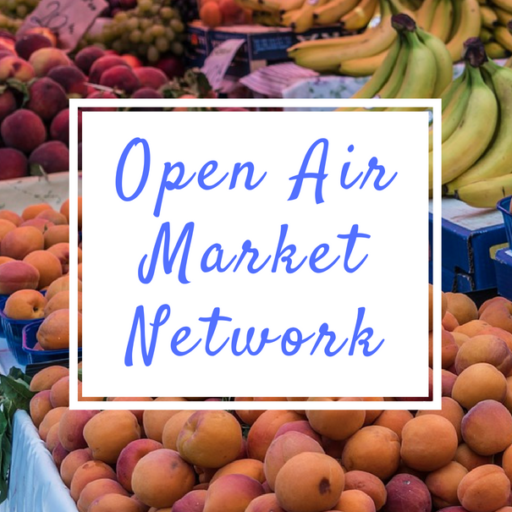Month: April 2017
Bangkok, a city previously known for its renowned street food reputation, will no longer be a food destination of choice as the city launches a ‘clean-up’ effort, according to the New York Times. This past Tuesday, city officials confirmed their plan to eliminate all street vendors from the main roads.
While the removal of the delicious street-food vendors may seem like a loss, authorities agree that Bangkok must address the situation for “order and hygiene reasons,” in order to put the city back on track.
Read more about the Bangkok Street Vendor Market at: http://www.huffingtonpost.com/entry/bangkok-street-food-ban-vendors_us_58f5d5bbe4b0bb9638e60c15?ncid=inblnkushpmg00000009
Metrics + Indicators for Impact (MIFI), is a three-year research study carried out by a collaboration of the University of Wisconsin-Madison and the Farmer’s Market Coalition. Funded by the USDA’s Agriculture and Food Research Initiative (AFRI), MIFI strives to create a user-friendly database that measures and collects information from farmer’s markets across the country. The database encourages its national farmer’s market participants to collect data in an organized and timely fashion, allowing the information to be used in an efficient and helpful way for future participants and vendors. The MIFI portal measures the economic, social, and ecological impacts within the participating national markets. Examples of the information collected are the average numbers of visitors to markets, total market sales, transportation methods to the markets, etc. According to the MIFI markets website (mifimarkets.org), farmer’s markets can use this resource in order to understand their role in fostering social interaction and local economic development, improve internal decision-making and strategic planning, and strengthen relationships with community partners, sponsors, vendors and customers.
MIFI member, Dusty Krikau, from the Fon du Lac Farmer’s Market explained his experience with the online resource. Krikau said, “Metrics + Indicators for Impact has given us access to valid and reliable statistical analysis of our market – something that would be unrealistic on our standard operating budget…The insights gained have helped us write grant requests and reports; recognize areas where we can make quick and easy improvements; and respond to concerns from customers, vendors, and local business owners.”
Principal Investigator, Professor Alfonso Morales believes that a systemized program like the MIFI market system will “help bring an evaluation feedback loop that is often missing in many farmer’s markets, enhancing market credibility which will enable more effective decision-making.” After years of dedication since the start of the MIFI grant in April 2014, Morales and his team have come to the end of their journey as the new website plans to launch this May with the goal that the online tool will strengthen national food system networks.
For more information, go to: mifimarkets.org

